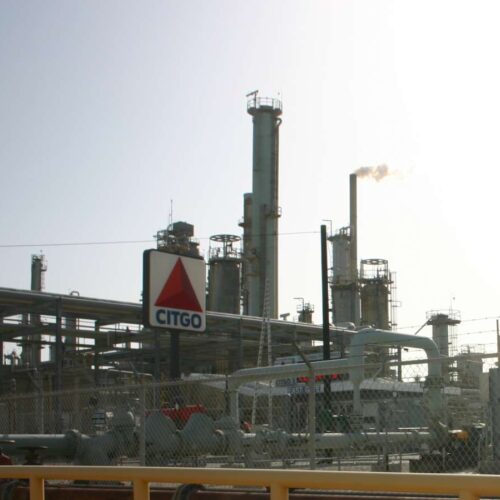Introduction
Again drawn by a leak of toxic hydrofluoric acid, federal investigators are back at a Texas oil refinery they examined three years ago.
Some nearby residents were told to shelter in place after the release, said Daniel Horowitz, managing director of the U.S. Chemical Safety Board, which has sent a team of investigators to the Citgo refinery in Corpus Christi. It’s not yet clear how much of the acid, known as HF, got out.
“Any incident involving the release of HF is something we take very seriously,” Horowitz said.
A Center for Public Integrity investigation last year found that 50 refineries use the acid despite the availability of safer alternatives. At least 16 million Americans live in the path of a toxic cloud in the event of an accident.
A close call at the Citgo refinery was one of three major accidents involving HF in 2009. The CSB investigated that accident and issued urgent recommendations to Citgo. The board doesn’t have authority to issue citations or impose penalties.
A Citgo spokesman said the company had followed all of the board’s recommendations and that the accident on Monday “is not related to the 2009 incident.”
At about 7:15 p.m. on Monday, a leaking flange released materials including HF from a pipe, triggering water cannons meant to control the release, the Citgo spokesman said. The company’s monitoring data indicated that no chemicals escaped the unit where the leak occurred, he said.
After the 2009 accident, Citgo reported that about 30 pounds of the acid had gotten past its control systems, but the CSB later determined the real amount was likely about 4,000 pounds.
The Environmental Protection Agency is in Corpus Christi to confirm the company’s air monitoring data, and the Occupational Safety and Health Administration is “investigating employee complaints not necessarily related to the leak,” the Citgo spokesman said.
During the past decade, OSHA has repeatedly cited the refinery, issuing more than 65 violations. About 44 percent of them have been for hazards related to the handling of toxic and flammable substances. In some cases, the agency agreed to withdraw violations or reduce penalties after a challenge by the company.


Join the conversation
Show Comments